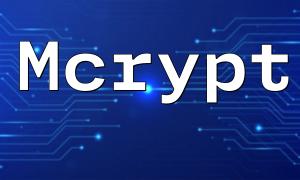In modern web development, data cache management is one of the key strategies to improve application performance. Particularly when dealing with JSON data, managing caches effectively can significantly improve system response times and reduce the load on databases. This article delves into the best practices for PHP JSON data cache management, helping developers implement caching more effectively.
JSON (JavaScript Object Notation) is a lightweight data interchange format that is easy to read and write, and it is widely used in web applications. In PHP, handling JSON data is especially important, as proper cache management can significantly enhance system performance when dealing with large datasets.
Data caching refers to the technique of storing frequently accessed data to reduce the time it takes to retrieve it. In PHP, using memory caches (such as APCu or Redis) or file-based caches (such as JSON files) can significantly improve access efficiency, especially when dealing with large volumes of JSON data.
When implementing PHP JSON data cache management, developers should follow these key strategies:
Next, let's explore how to implement PHP JSON data caching. The following example demonstrates how to cache JSON data to a file and read it from there:
APCu is a PHP memory caching solution that provides fast in-memory access to data. The following example demonstrates how to cache JSON data using APCu:
In PHP JSON data cache management, selecting the appropriate caching mechanism can greatly enhance web application performance. By designing a proper cache structure, setting effective cache expiration times, and using the right caching techniques, developers can provide users with a faster browsing experience. We hope the best practices outlined in this article will help you manage JSON data caching in PHP more efficiently.









